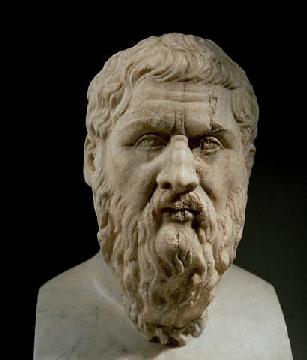The Interview and free speech: let’s not get too smug | Politics | theguardian.com:
But let’s not get too smug. One does not have to be Noam Chomsky, radical author of Manufacturing Consent and other systemic attacks on US media, to accept that American tolerance of heretical views in mainstream culture has often been quite fragile down the centuries. Libertarian forces on left and right, stronger than in old Europe, have been pitted against authoritarian ones in regular battles: the race-and-slavery question and raging anti-communism are two of the most conspicuous, but it’s worth recalling that the US also tried to ban alcohol from 1919 to 1933 via the ill-fated Volstead Act. Damaging effects of this authoritarian folly linger on in attitudes towards drugs and organised crime.
But it goes further. Good US media can be pretty brilliant, intelligent, tenacious and brave, none better. But there isn’t too much of it, certainly not outside the major cities, by which I mostly mean New York. Even before newspaper groups and TV chains fell into the problems we all share as a result of disruptive new technologies and falling revenues from ads and readers, most US newspapers (there were 1,600 dailies the last time I looked) were pretty timid affairs. When I used to talk regularly on campus at small-but-nice liberal arts colleges you’ve never heard of, I would tell my students that the British press faced legal pressures (contempt of court, tough libel laws, secrecy codes) largely unknown in the land of the First Amendment, the right to free speech, cited last week by Obama.
Moviegoers outside an LA cinema that is screening The Interview. Photograph: Robyn Beck/AFP/Getty Images
